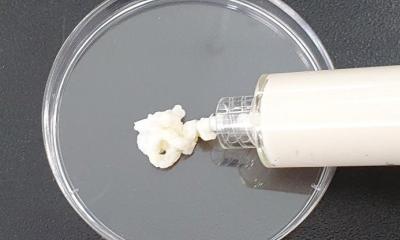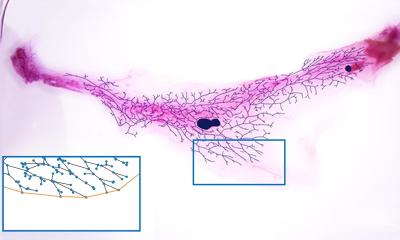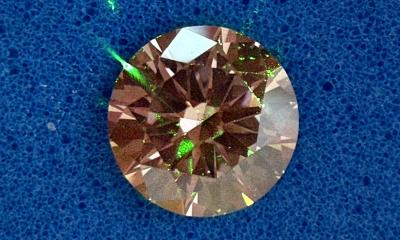New cancer risk gene found
Carrying a mutated BRIP1 gene doubles the risk of breast cancer — by aged 70 these women's risk rises from 1-in-12 to 1-in-6.

The Institute of Cancer Research study (pub: Nature Genetics) focused on the BRIP1 gene in 1,212 women with breast cancer who had a family history of the disease that was not due to the known breast cancer genes, BRCA1 or BRCA2, comparing these with 2,081 healthy people. Nine BRIP1 mutations were found in the cancer group, only two in the healthy. The researchers concluded that carrying a faulty version of BRIP1 doubled women’s risk of developing the disease – taking their risk by aged 70 from 1-in-12 to around 1-in-6.
Lead author Nazneen Rahman, Professor of Cancer Genetics at the institute, said there are many more genes to be found ‘…but with each step we are making progress.’
16.11.2006





